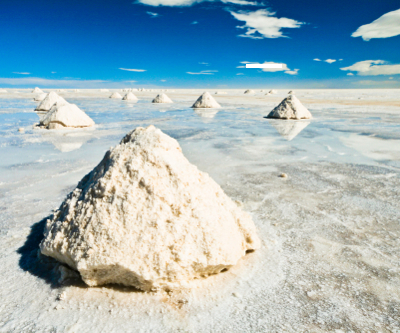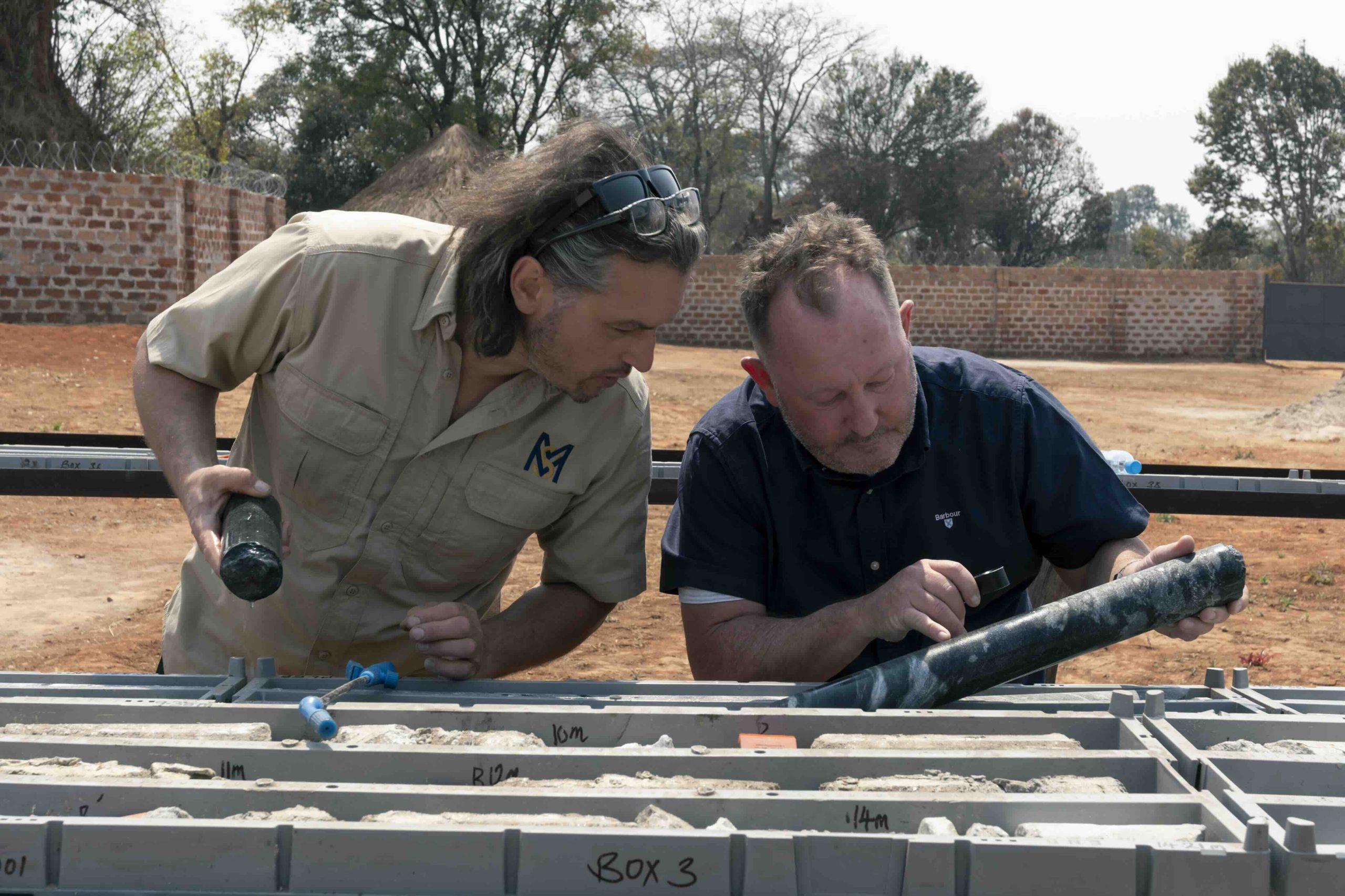Chile divided over lithium privatization

Chile’s government decision to privatize the country’s lithium, announced last week, has the country immersed in a heated debate over who has the right to exploit the vast reserves of the so called “white gold” mineral the country has.
Currently, only two companies, Sociedad Quimica y Minera de Chile SA (SQM, SQM-B.SN) and Sociedad Chilena del Litio, are mining for lithium in the South American country. But the situation is about to change.
Under the new ruling, any company can be granted rights to exploit Chile’s lithium reserves. Successful bidders, however, will have to sign a “special lithium operating contract” or CEOL, which covers exploration and production of lithium, mostly in the country’s Atacama Desert.
The 20-year contracts exclude areas already in production under a 1932 mining law and may generate over $350 million for the government.
Senators from the country’s opposition announced Monday their intention to bring the government’s decision to privatize the country’s lithium reserves before the Constitutional Court.
“The majority opinion of the Mining Commission is that lithium is a resource that should be dealt with by the state,” congresswoman Isabel Allende, president of the Senate’s Mining and Energy Committee was quoted as saying by Santiago Times. “Lithium is considered a strategic resource — the government should understand this and it should be exploited by the state through public companies,” she added.
Large reserves
The South American country, together with neighbours Bolivia and Argentina, own 85% of the world’s known reserves of the soft, silver-white metal used as a key component in smartphones, hybrid cars and computer batteries. Almost a third of the commodity’s world production has been – until now – in the hands of two of Chile’s State-owned companies.
Companies will be granted rights to mine up to 100,000 tonnes of the lithium over a 20-year period, in exchange for royalties paid to Chile’s government equivalent to 7% of the total output.
Under Augusto Pinochet’s 1973-1990 military regime, lithium was considered a “strategic resource” due to its possible applications in the manufacturing of nuclear weapons and atomic energy. Now Chile’s rightist administration thinks it’s “a good idea” to change that policy and pitch the resource to potential investors, since no lithium concessions have been issued since 1982.
This weekend, Chile’s Deputy Mining Secretary Pablo Wagner is wrapping up a visit to the U.S. and Canada, where he has been trying to drum up interest among companies to bid for contracts to produce lithium in Chile.
“They found it to be a good opportunity to develop the market and those with more knowledge of the Chilean mining industry told us this was a solution that had been awaited for some time to open the lithium market to a larger number of operators,” Wagner told news agency EFE referring to his meetings in New York.
The Chilean official said he met with investment banks, investment funds and representatives of mining firms in an effort to make the auction “as competitive as possible.”
Key commodity
Jumping into the lithium wagon seems to be a smart choice for companies, says Robert Baylis, industrial minerals research manager at UK-based Roskill Information Services.
In a presentation given in January at the 4th Lithium Supply & Market Conference, he explained the market for the commodity is growing at a brisk pace and is dominated by only a handful of firms, including SQM, FMC, ROC, Canadian miner Talison Lithium and mining behemoth Rio Tinto.
Yesterday Chile’s state-owned copper giant Codelco confirmed yesterday it will start producing lithium either on its own or with a partner, board chairman Gerardo Jofre told local newspaper El Mercurio
{{ commodity.name }}
{{ post.title }}
{{ post.date }}




Comments